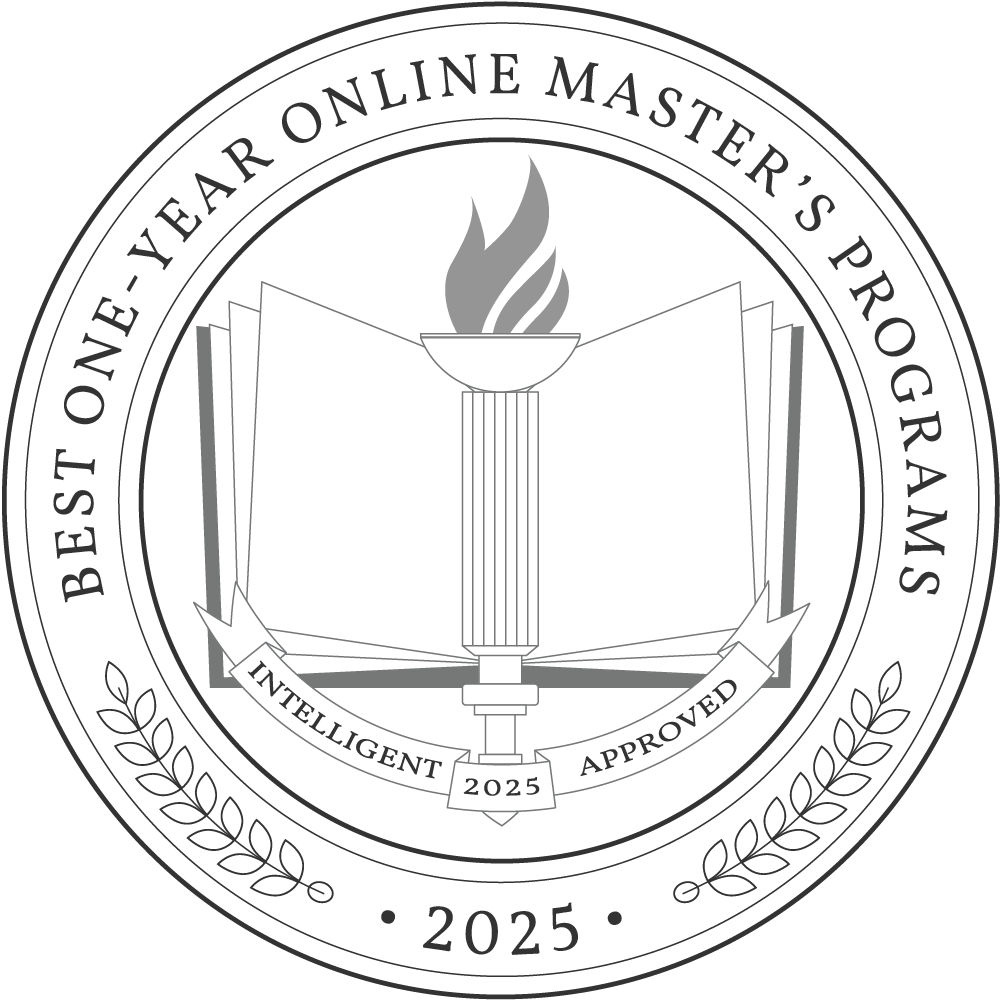If you are hoping to jumpstart your career or even get a promotion, a one-year online master’s program is a fast, efficient way to gain the necessary educational experience.
These programs are usually designed to be flexible, with courses that students can complete according to their schedules. Before enrolling in a one-year online master’s program, students should confirm the pace. Some one-year programs are accelerated, meaning they condense two years’ worth of coursework into a single academic year, requiring more time and energy than a traditionally paced program.
One-year online master’s degree programs are popular in areas like psychology, business, information technology, criminal justice, education, marketing, and more. The Bureau of Labor Statistics reports that individuals with master’s degrees earn an average of $1,574 per week, with an unemployment rate of only 2.6%.
The cost of an online master’s degree is predominantly determined by the type of school a student chooses. According to the National Center for Education Statistics, the average cost of annual graduate tuition is $12,394 at public universities and $26,621 at private institutions.
Why Trust Us
The Intelligent.com Higher Education Team is dedicated to providing students with independent, equitable school and program rankings and well-researched resources. Our expert-driven articles cover topics related to online colleges and programs, paying for school, and career outlooks. We use data from the U.S. Department of Education’s College Scorecard, the National Center for Education Statistics, and other reputable educational and professional organizations. Our academic advisory team reviews content and verifies accuracy throughout the year for the most current information. Partnerships do not influence rankings or editorial decisions.
- Analyzed over 2,000 national, accredited, and nonprofit colleges and universities
- 800+ rankings pages are reviewed and updated yearly
- Content is informed by reputable sources, surveys, and interviews with academic advisors and other experts
- Over 100 data points are reviewed for accuracy and quality throughout the year, including sources
How we rank schools
Our list features the best One-Year Online Master’s degree programs at top colleges nationwide. Each school featured is a nonprofit, accredited institution — either public or private — with a high standard of academic quality for post-secondary institutions.
We evaluated each school’s program on tuition costs, admission, retention and graduation rates, faculty, reputation, and the student resources provided for online students. We collected data from trusted sources like the National Center for Education Statistics, individual school and program websites, school admissions counselors, and other data sources. Then, we calculated the Intelligent Score on a scale of 0 to 100 based on the following criterion:
Academic Quality:
- Admission rate versus enrollment rate
- Retention rate of students who return after year one
- Accreditation status (regional and programmatic)
- Nonprofit status, both private and public institutions
Graduation Rate
- Overall graduation rate
- Total number of currently enrolled students, including diversity metrics
- Student-to-faculty ratio
Cost and ROI
- In-state and out-of-state per-credit tuition rates and fees
- Required credits to graduate
- Earning potential after graduation
- Availability of federal student loans, scholarships, and other financial aid options
Student Resources
- Available student services for online-only and hybrid programs
- On-campus amenities like tutoring centers and the number of libraries
Read more about our ranking methodology.
Best 16 Accredited One-Year Online Master’s Programs
FiltersInstitution Type
Status
- Intelligent Score
- Alphabetically By University Name
- Acceptance Rate
- Enrollment
- In-state Graduate Tuition
- Out-of-state Graduate Tuition
- In-state Undergraduate Tuition
- Out-of-state Undergraduate Tuition

Appalachian State University
Intelligent Score: 99.23In-state: $4,242
Out-of-state: $19,049
In-state: $4,839
Out-of-state: $4,839
SAT: 1070-1240
ACT: 22-27
$327
Online
Council on Social Work Education
33
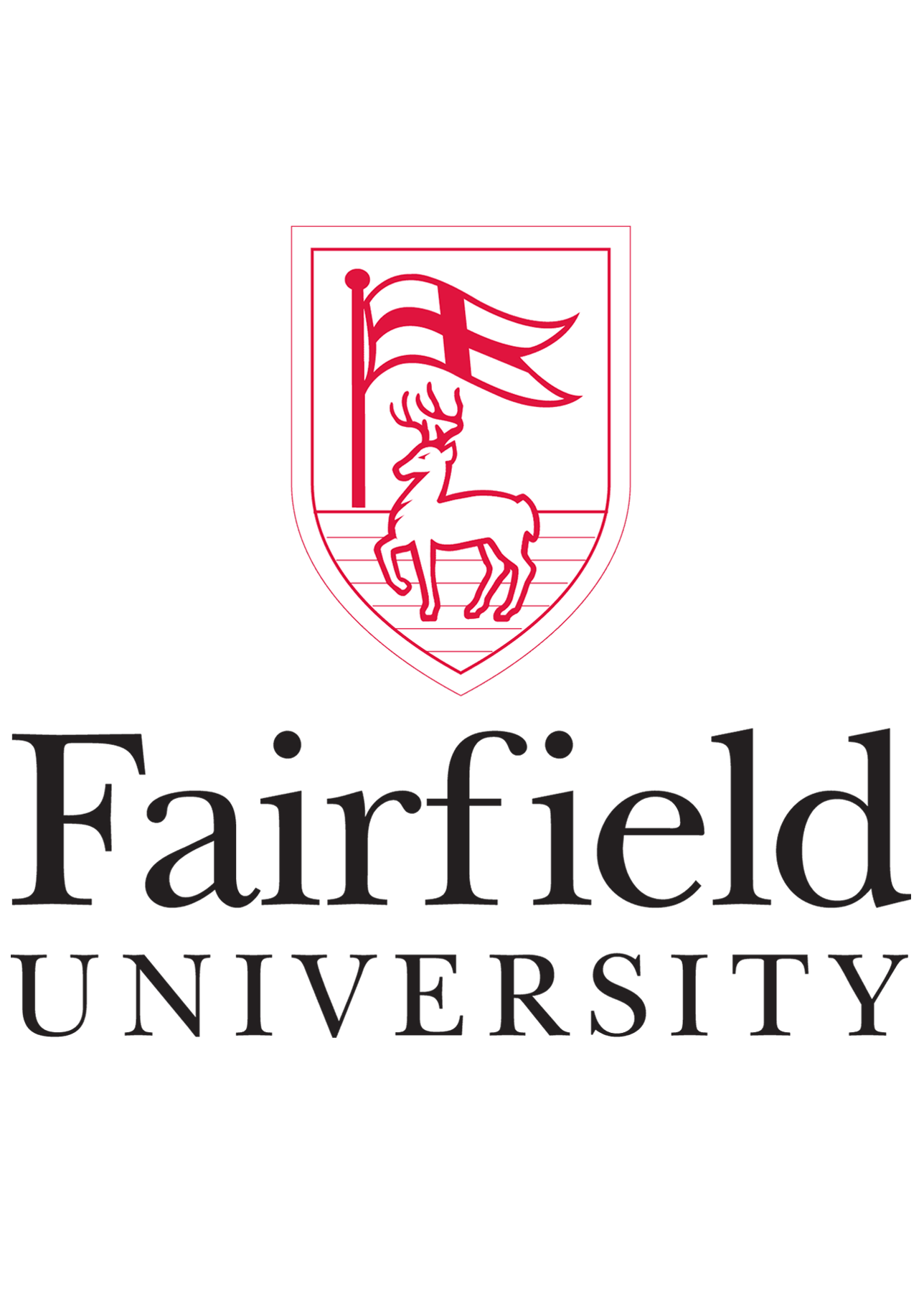
Fairfield University
Intelligent Score: 98.79In-state: $50,550
Out-of-state: $50,550
In-state: $19,152
Out-of-state: $19,152
SAT: 1190-1340
ACT: 27-30
$970 - $1,195
Online
New England Commission of Higher Education
30

UMass Lowell
Intelligent Score: 97.09In-state: $15,791
Out-of-state: $35,779
In-state: $14,014
Out-of-state: $14,014
SAT: 1200-1390
ACT: 27-32
$600 - $655
Online
Association to Advance Collegiate Schools of Business International
42

Florida International University
Intelligent Score: 96.10In-state: $4,721
Out-of-state: $16,529
In-state: $8,912
Out-of-state: $8,912
SAT: 1110-1260
ACT: 23-29
$455 - $1,001
Online, Hybrid
Southern Association of Colleges and Schools Commission on Colleges
30 - 36

Johns Hopkins University
Intelligent Score: 95.70In-state: $54,160
Out-of-state: $54,160
In-state: $57,010
Out-of-state: $57,010
SAT: 1470-1560
ACT: 34-36
$1,665
Online
Middle States Commission on Higher Education
33 - 36
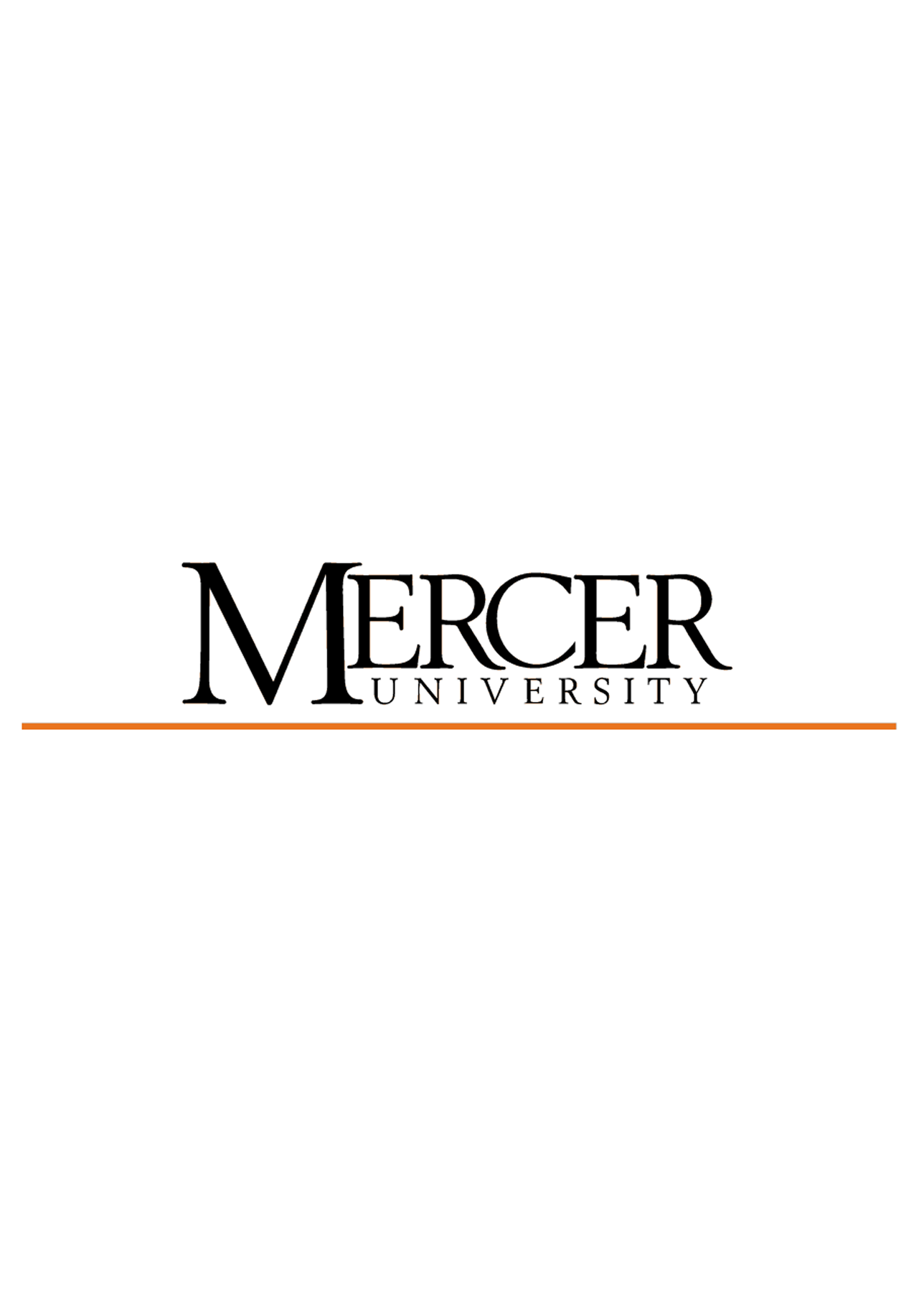
Mercer University
Intelligent Score: 94.62In-state: $28,695
Out-of-state: $28,695
In-state: $14,964
Out-of-state: $14,964
SAT: 1180-1340
ACT: 25-31
$646 - $703
Online
Southern Association of Colleges and Schools Commission on Colleges
30
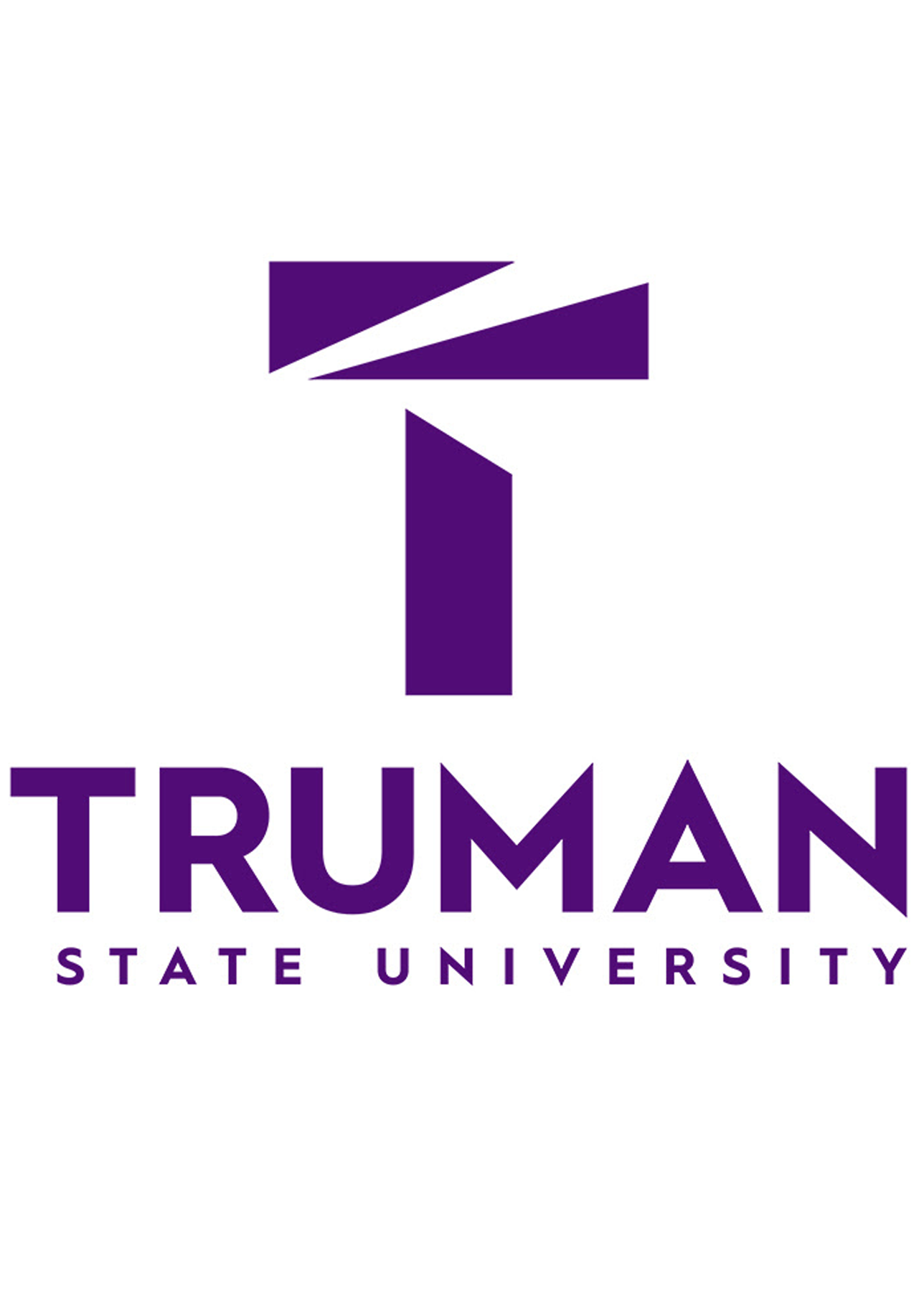
Truman State University
Intelligent Score: 90.93In-state: $7,975
Out-of-state: $15,335
In-state: $9,371
Out-of-state: $9,371
SAT: 1080-1330
ACT: 24-30
$562
Online, On-Campus
Association to Advance Collegiate Schools of Business International
30

Boston University
Intelligent Score: 89.96In-state: $56,854
Out-of-state: $56,854
In-state: $56,854
Out-of-state: $56,854
SAT: 1310-1500
ACT: 30-34
$975 - $2,778
Online, On-Campus
New England Commission of Higher Education
24 - 40
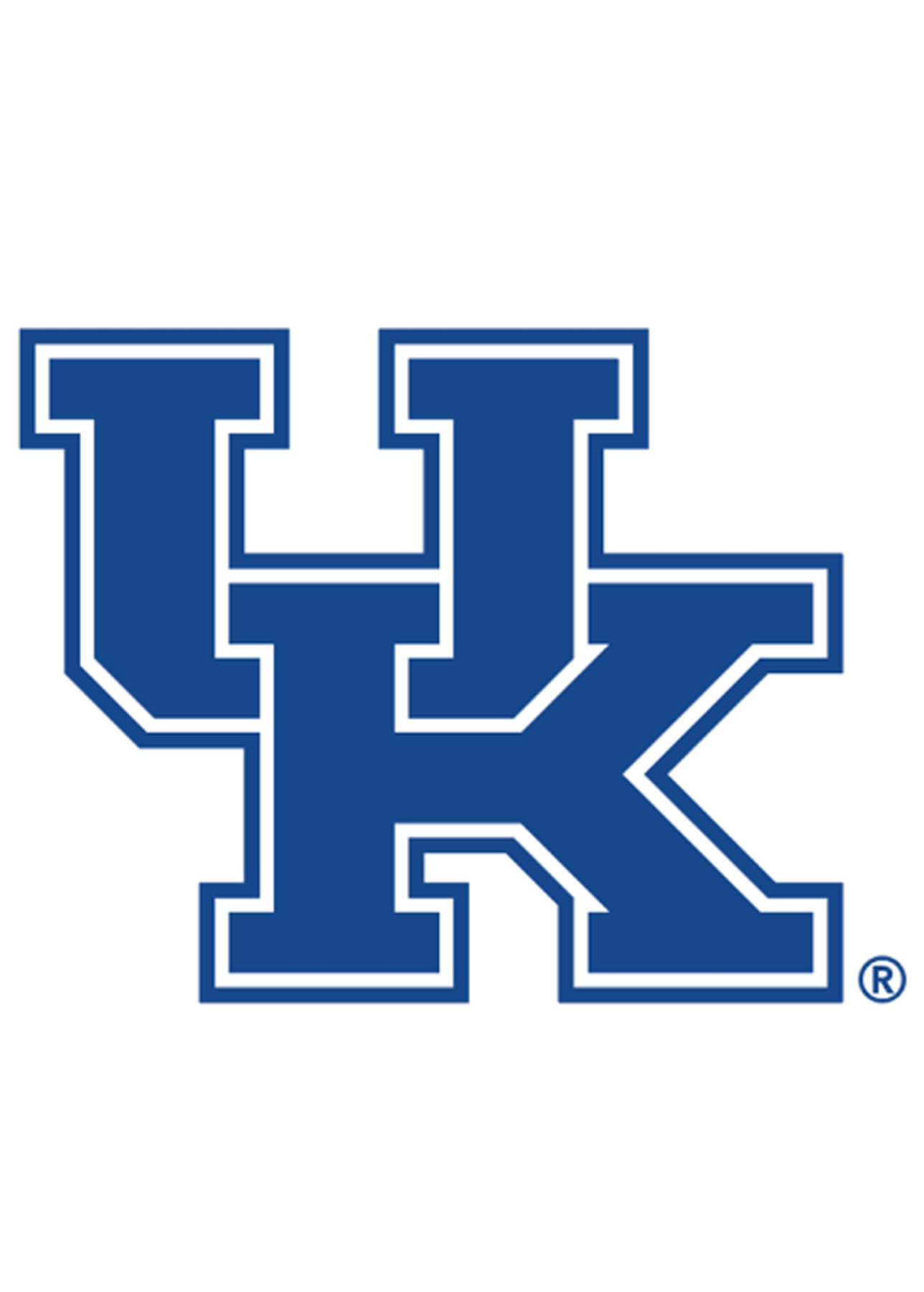
University of Kentucky
Intelligent Score: 89.27In-state: $11,135
Out-of-state: $29,945
In-state: $12,189
Out-of-state: $12,189
SAT: 1070-1280
ACT: 22-29
$921
Online
Southern Association of Colleges and Schools Commission on Colleges
30

Illinois Graduate College
Intelligent Score: 89.25In-state: $14,317
Out-of-state: $33,824
In-state: $15,016
Out-of-state: $15,016
SAT: 1200-1460
ACT: 27-33
$347 - $1,160
Online, On-Campus
Higher Learning Commission
32 - 72
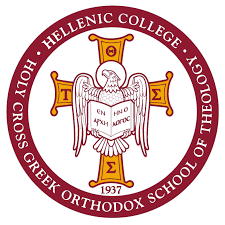
Hellenic College Holy Cross
Intelligent Score: 88.73In-state: $44,724
Out-of-state: NA
In-state: NA
Out-of-state: NA
SAT: NA
ACT: NA
$500
Online
New England Commission of Higher Education
24
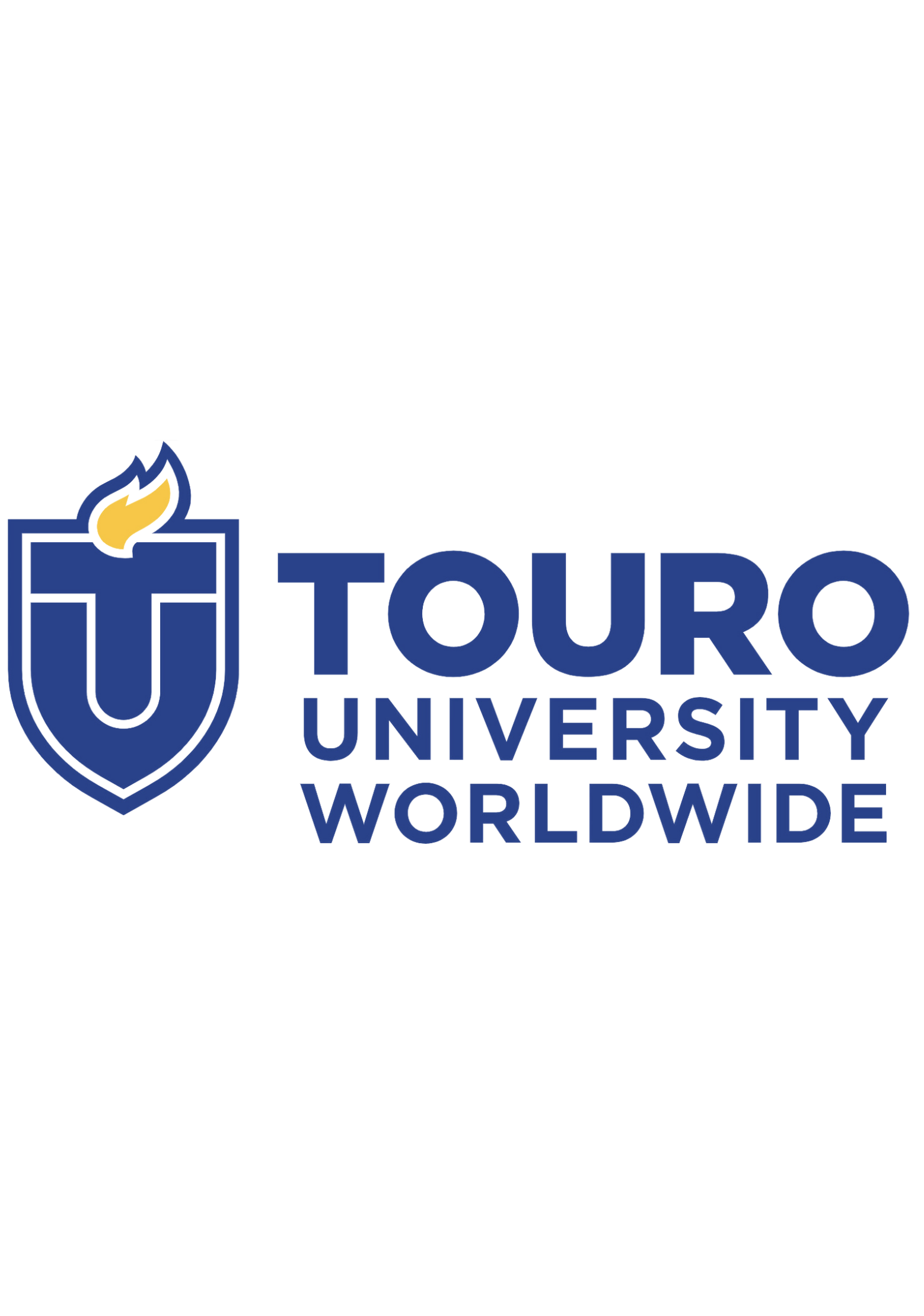
Touro University Worldwide
Intelligent Score: 88.69In-state: $14,400
Out-of-state: $14,400
In-state: $9,000
Out-of-state: $9,000
SAT: N/A
ACT: N/A
$500
Online
WASC Senior College and University Commission
36
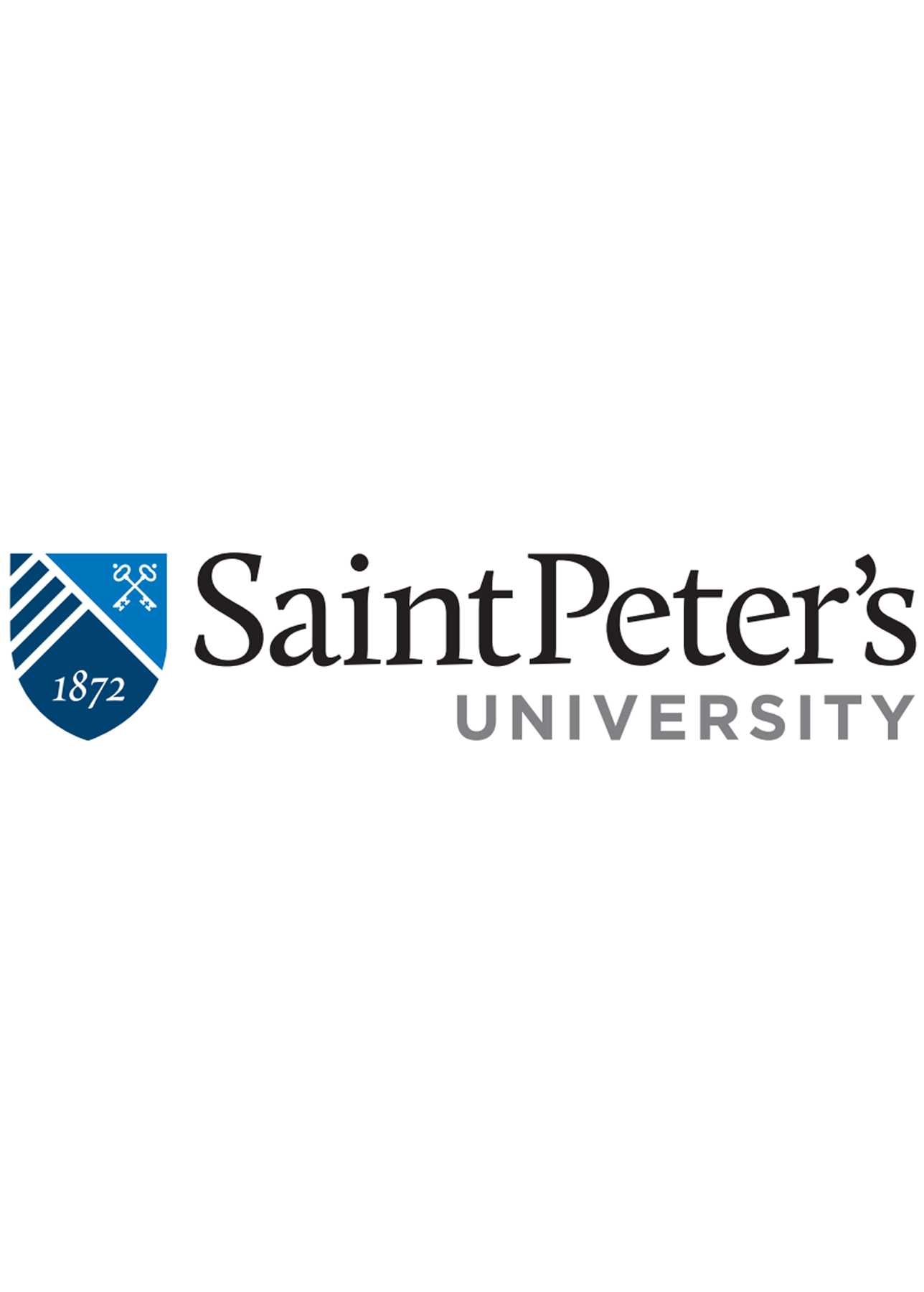
Saint Peter's University
Intelligent Score: 88.34In-state: $37,660
Out-of-state: $37,660
In-state: $21,186
Out-of-state: $21,186
SAT: N/A
ACT: N/A
$720
Online
Middle States Commission on Higher Education
36
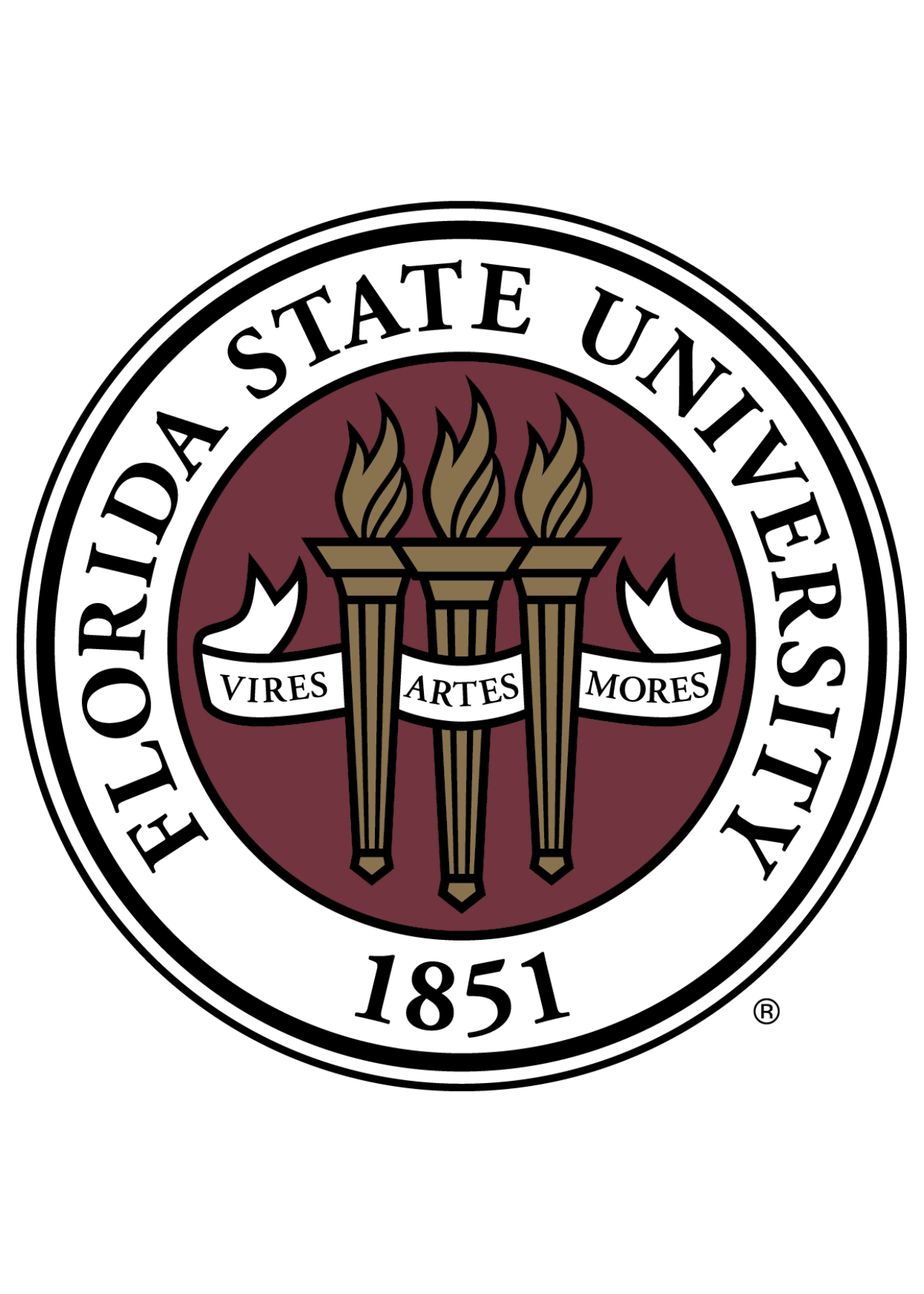
Florida State University
Intelligent Score: 84.93In-state: $4,640
Out-of-state: $19,084
In-state: $9,684
Out-of-state: $9,684
SAT: 1220-1350
ACT: 27-31
$675
Online
Southern Association of Colleges and Schools Commission on Colleges
30
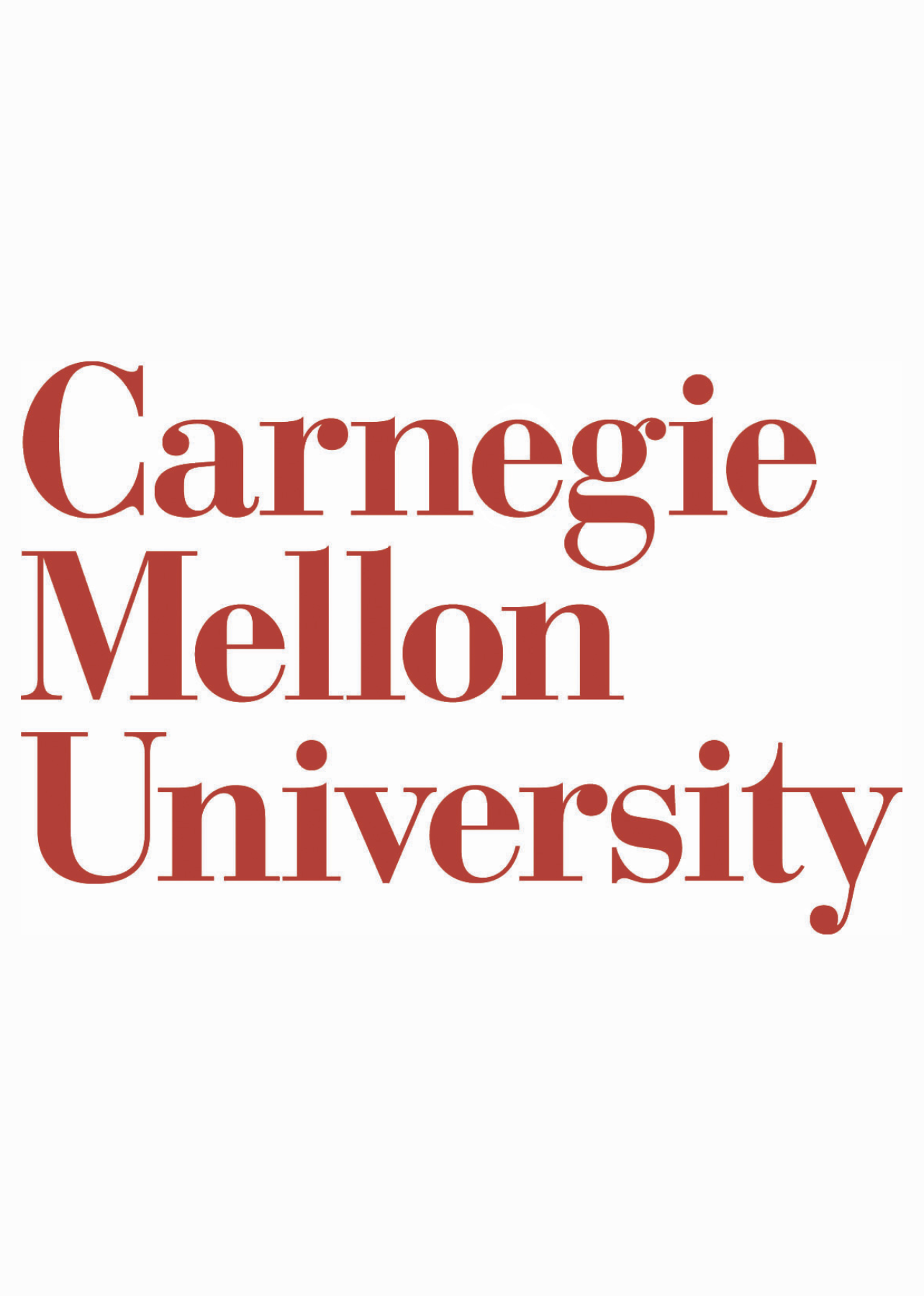
Carnegie Mellon University
Intelligent Score: 83.47In-state: $57,560
Out-of-state: $57,560
In-state: $46,441
Out-of-state: $46,441
SAT: 1460-1560
ACT: 33-35
$598
Online
Middle States Commission on Higher Education
34

University of Southern California
Intelligent Score: 82.67In-state: $59,260
Out-of-state: $59,260
In-state: $47,880
Out-of-state: $47,880
SAT: 1340-1530
ACT: 30-34
$2,267
Online
WASC Senior College and University Commission
28
How to Choose a One-Year Online Master’s Program
Choose your area of study
Knowing that you want a master’s degree that can be completed in one year of study is a great starting point for your search.
Next, students should determine their area of study so they can seek out programs in that field that take one year to complete. Some things to consider when deciding on an area of study include:
- Professional short-term and long-term goals and the type of educational experience needed to achieve them
- Educational background, including undergraduate field of study
- Professional experience and credentials
It’s important to keep in mind that because of their fast-paced nature, many one-year master’s programs require students to have certain foundational knowledge of the subject, which can be acquired through undergraduate study or professional experience.
Students should also use this time to reflect on their personal needs in terms of course delivery method. Are students looking for a synchronous program with virtual class meetings at designated times, or do they need the flexibility of an asynchronous program with coursework that can be completed on their own schedule?
Research schools and programs
Regardless of the type of program you’re seeking, make sure that the school is accredited by a recognized regional accrediting agency. This will confirm that the institution and its programs meet the highest standards for quality in education. Students must be enrolled at an accredited school to be considered for federal financial aid, and many employers seek job applicants with degrees from accredited institutions. Many programs also have programmatic accreditation through professional organizations.
There are many ways to gather information about schools and programs. Visiting a college’s website is always a good place to start, as they usually provide information on curriculum, faculty, experiential learning opportunities, admissions requirements, and more. For remote students, many schools offer virtual open houses or information sessions. Prospective applicants can also follow schools and programs on social media to learn more about the culture and accomplishments of the department.
Gather as much information as possible, including answers to these questions:
- How many credits are students expected to take each term?
- Are there any experiential learning components, such as an internship or field study?
- Who are the faculty, and what are their qualifications?
- What networking opportunities are available with peers, faculty, and other professionals?
- Is it a synchronous or asynchronous online program?
- Will a one-year online master’s program provide the knowledge depth needed for particular advanced positions?
- Can the program be accomplished completely online or as a hybrid, requiring on-campus interaction?
- What support services, such as counseling, academic and career advising, tutoring, and technical support, do online students have access to?
Prepare for tests and applications
The application procedures and requirements will vary by school and program. Confirm these requirements with an admissions representative before beginning your application.
At a minimum, students must have a bachelor’s degree to be considered eligible for a master’s program. Some master’s programs want students to have a bachelor’s in a particular related field of study. Others may require a minimum undergraduate GPA, prerequisite coursework, or professional experience in the field.
A standard application for an online master’s degree consists of the following:
- Completed application form and required fees
- Official transcripts from all previous institutions attended
- Letters of recommendation from current or former professors, employers, colleagues, academic advisors, or community leaders
- Resume or CV highlighting relevant professional and educational experience
- An essay or statement of intent detailing interest and suitability for the program
- GRE or GMAT test scores
Select your program
There are varying approaches to choosing which programs to apply to. Some students submit multiple applications to boost their odds of acceptance, while others target a single program based on their interests and needs. Whatever path you choose, most schools charge an application fee. That money can add up if you’re applying to several programs. Contact the school to ask about a fee waiver if you need financial assistance with these fees.
Determine how you’ll pay for your degree
When researching programs, students should contact the school’s financial aid office for more details about program costs and available financial aid options.
Most students will want to complete the Free Application for Federal Student Aid (FAFSA). This is what schools use to determine a student’s eligibility for federal student loans, grants, and work-study, as well as need-based institutional aid like scholarships and assistantships. Many schools also offer merit-based scholarships, fellowships, and grants to high-achieving students.
Students can also inquire if their school offers payment plans or tuition discounts for veterans or military service members.
Those who plan on working while completing their online master’s degree should check to see if their employer provides tuition assistance benefits.
What Can You Expect from a One-Year Online Master’s Program?
Expect a one-year online master’s program to be rigorous and fast-paced. Students should be prepared to devote a substantial amount of time to classes and assignments in order to complete the program in a single year.
Some programs use a lock-step schedule in which all students move through the courses as a cohort, while others allow students to work at their own pace and enroll in new courses as they complete others.
In some colleges, the shorter period might result in programs being more lenient and flexible with study requirements, time, and coursework. Plan courses well because some classes may only be offered once a year, and failure to enroll can add time to the program.
Potential courses you’ll take in a one-year online master’s degree program
This primarily depends on the specific area of study in which you earn your degree. Courses may include intermediate to advanced study in topics relevant to your major, a capstone project or thesis, and hands-on learning components like an internship or practicum.
What Can I Do With an Online Master’s Degree?
No matter the field, completing an online master’s degree provides students with advanced skills and knowledge that offer a competitive edge in the job market. Graduates of a master’s program are prepared to pursue leadership roles in various industries, including finance, marketing, and information technology.
A master’s degree prepares graduates for most high-level positions in their chosen field. Those in areas such as healthcare or academia can also continue their education with a doctorate or Ph.D. to qualify for specialized roles in the industry.
Career outlook
- Computer and information research scientist — Design and develop computer software and hardware by exploring problems and creating new computing systems for business, science, and other fields.
- Median annual salary: $145,080
- Projected employment growth (through 2032): 23%
- New jobs projected: 3,400
- Sociologists — Observe and study human behavior by examining groups, cultures, organizations, and institutions to determine the effect of social influences, such as new laws or policies.
- Median annual salary: $101,770
- Projected employment growth (through 2032): 5%
- New jobs projected: 300
- Nurse practitioner — Also known as advanced registered nurses, these individuals assess and care for patients, often in a specialized area such as pediatric or geriatric health.
- Median annual salary: $129,480
- Projected employment growth (through 2032): 38%
- New jobs projected: 29,200
One-year Online Master’s Program Frequently Asked Questions
How do I apply to a one-year online master’s degree program?
To apply to a one-year online master’s program, gather the following materials:
- Official transcripts from all previous schools
- Letters of recommendation
- Resume or CV
- Personal essay
- GRE or GMAT test scores
Students can usually submit these materials, along with their applications, through the school’s website. Because each school has its own application requirements and process, it’s always wise to confirm what’s needed with an admissions representative before starting an application. Also, be mindful of deadlines. Some schools accept applications on a rolling basis, while others require students to complete their applications by a specific deadline each year.
How much does a one-year online master’s degree cost?
Public college graduate tuition averages $12,394, while at private schools the average graduate tuition is $26,621, according to the National Center for Education Statistics.
However, many factors can influence the cost of a degree:
- The type of school you’re attending (public versus private)
- Additional fees assessed by the school for technology, labs, academic resources, and student support services
- Personal expenses such as technology, books, and other course materials
- Time away from work
For the most accurate information on program costs, speak directly to a financial aid counselor at the school.
How long does it take to earn a one-year master’s degree online?
If students progress through this type of program as planned, they should be able to complete the program in a single academic year (note that this may include taking classes during winter or summer break).
However, students should be aware that they may need more time contingent on a few factors, including their rate of progress, the number of credits they take each term, and unexpected life events. Most online one-year master’s degree programs have modifications available for students who need additional time to complete their degree.
Is a master’s degree worth it?
A master’s degree qualifies graduates for advanced positions in their chosen field, resulting in significantly higher earning potential. Those with a completed master’s degree have a median weekly wage of $1,574, while those without a college degree earn a median weekly salary of $899.
While a master’s degree is a prerequisite for leadership roles in many industries, those looking for a faster, more cost-effective way to enter the workforce can complete an associate or bachelor’s degree. These degrees provide the training and skills to enter most entry and mid-level positions in the workforce.
